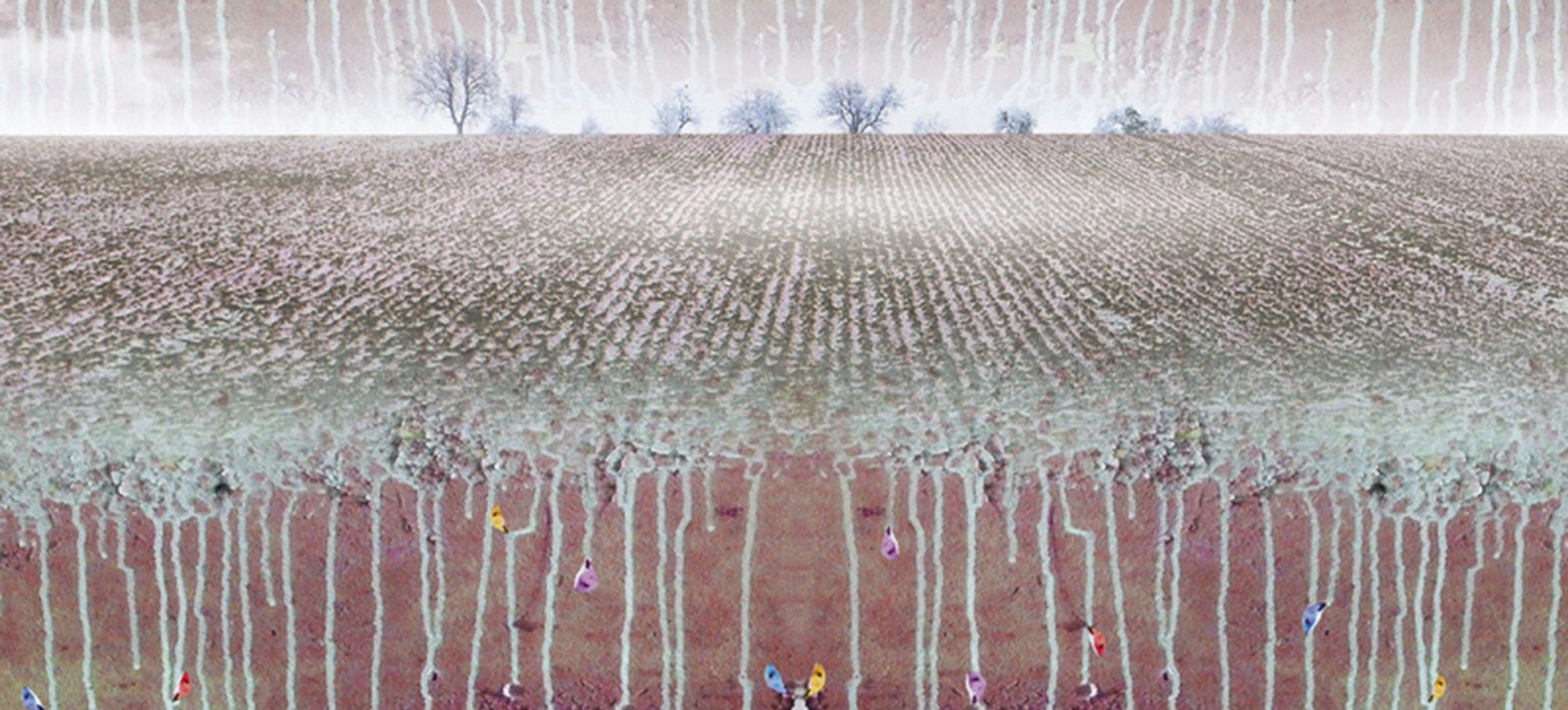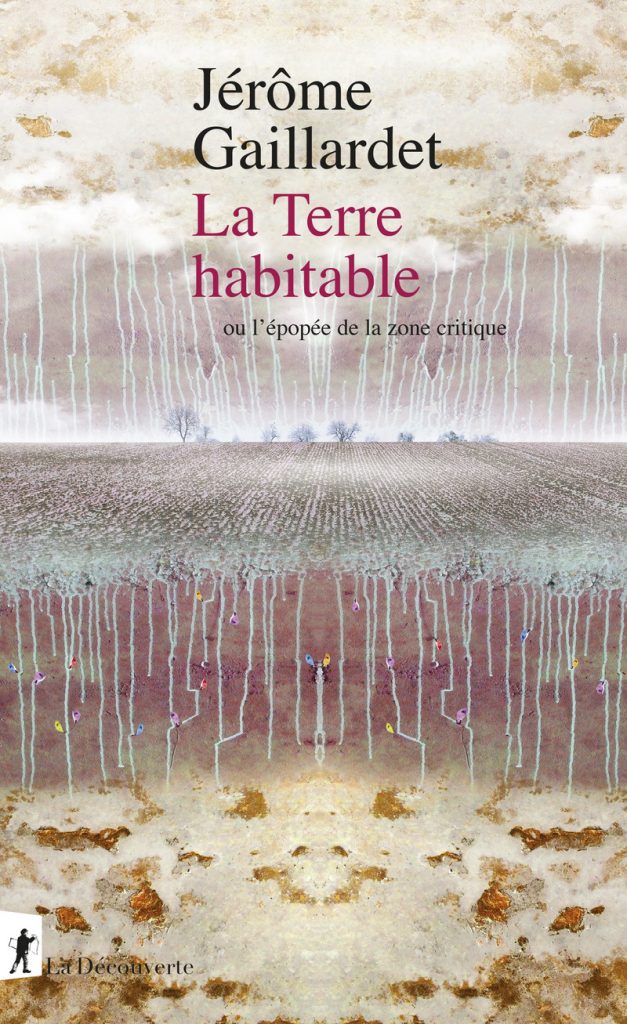“La Terre Habitable, ou l’épopée de la zone critique” published by Éditions de la Découverte
Jérôme Gaillardet, professor at the IPGP, has published "La Terre habitable - ou l'épopée de la zone critique" (The habitable Earth - or the epic of the critical zone) with Éditions de La Découverte. A geochemist and member of the Institut Universitaire de France, Jérôme Gaillardet conducts research into biogeochemical cycles and the chemical composition of rivers. He co-coordinates the national research infrastructure OZCAR (Observatoires de la Zone Critique, Applications et Recherche) and is a member of the Centre des Politiques de la Terre (Université Paris Cité / SciencesPo /IPGP).









